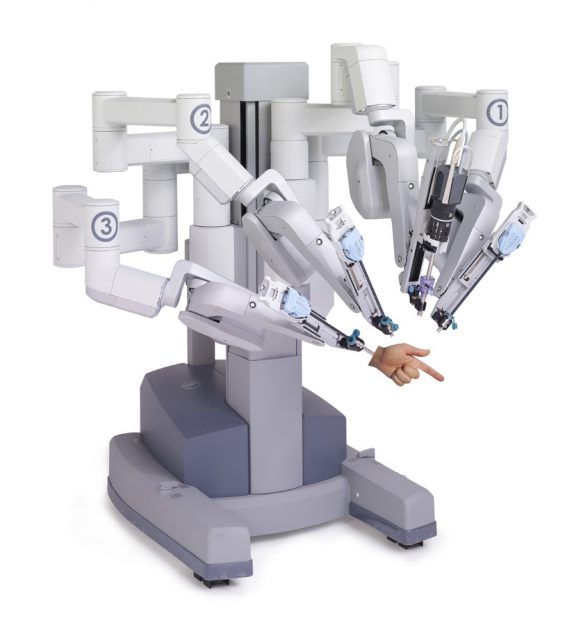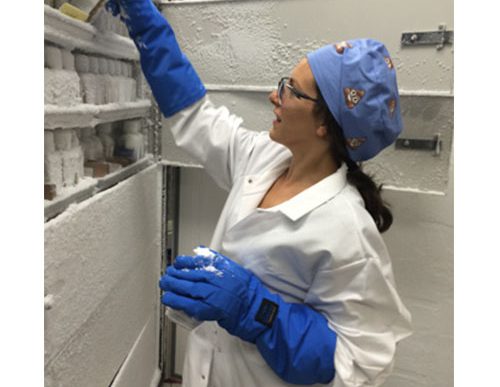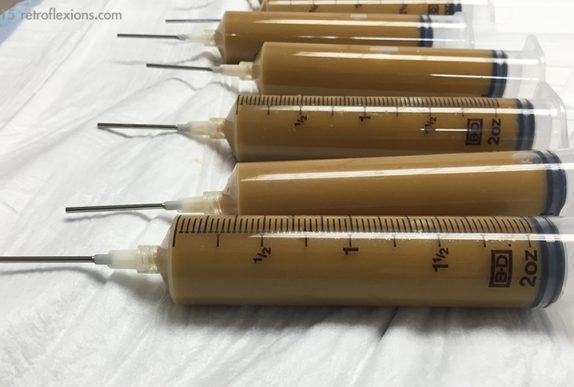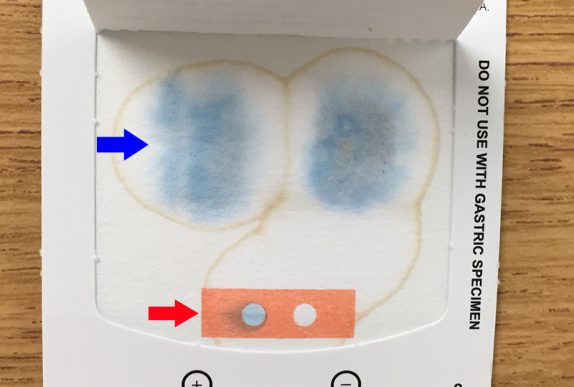How to cheat on the bowel prep for a colonoscopy and still have a successful procedure, written by a gastroenterologist.
No one likes to talk about it, but everyone deals with constipation at one time or another. The good news is that there are a few simple changes that you can make to help your digestive system run smoothly.
MILAN, Italy: Gastroenterologists rejoice! Innuendo Technologies has announced that FDA approval of the di Michelangelo robot is expected early this spring...the first robotic platform designed specifically to perform fecal disimpaction! Dr. Hans Enyuanus was one of the pioneers of robotic fecal disimpaction using the di Michelangelo® System, having performed over 2000 procedures...
No self-respecting gastroenterologist would use premade stool, just like no self-respecting Italian would use jarred sauce, right?
It was only a matter of time that a fecal transplant product was created. Now instead of having to test an individual donor and mix the stool to prepare the specimen for delivery through the scope, one can simply call the hospital pharmacy several hours before the fecal transplant is scheduled and order a 250 mL bottle of frozen donor stool from OpenBiome.
This will just be a cookbook-style post on how we do fecal microbiota transplant with colonoscopy. First, a healthy donor must be identified. The donor should be in good general health, since theoretically some problems such as obesity, diabetes, autoimmune disease, etc., may be transmitted by fecal transplant.
We have established that the microbiome is important. But what makes up a healthy microbiome? In one word...
The purpose of this article is to define a few terms and clarify some common misconceptions about rectal bleeding.
Occult gastrointestinal bleeding simply means that there is blood loss into the GI tract that cannot be seen with the naked eye (as opposed to overt GI bleeding, where blood is seen). Typically, patients with occult GI bleeding have slowly progressive anemia due to slow chronic blood loss. There are a variety of causes of … Read more








